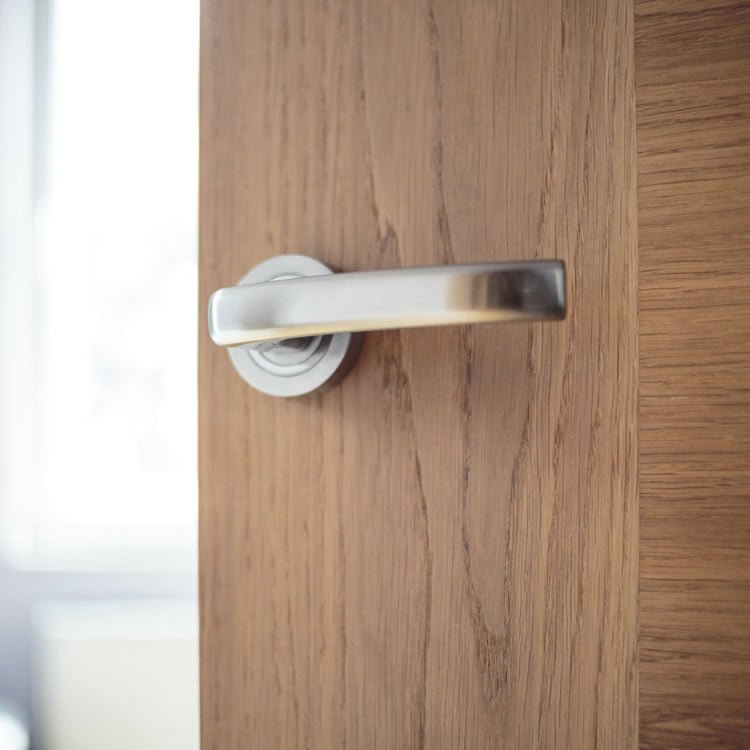Why is a due diligence review important?
Clinical governance is a relatively new addition to an acquisition due diligence review. Ed Marsden, managing director of Verita, explains why understanding the reality of professional hierarchies and practice is an essential part of healthcare investment.
Ian Paterson, a consultant surgeon from Heart of England NHS Foundation Trust, was known to his female clients as God. He was composed, confident and charismatic. And yet he carried out thousands of dangerous, disfiguring operations on women who did not need them. He did many of these while working at two Spire Healthcare hospitals in the Midlands. Paterson’s actions led to significant harm to patients and to his being jailed for 20 years. Spire Healthcare paid out £27.2 million in compensation to 750 private patients. Its reputation was damaged.
The Paterson case is not unique in the Verita casebook.
Healthcare is an area of increasing interest for investors and a due diligence review is essential part of the acquisition process. The Covid- 19 pandemic underlines how important high-quality diagnostic and treatment facilities are when the unexpected takes hold. But delivery of healthcare can be high risk and even more so when the private sector gets involved. And the provision of healthcare services is rarely out of the news and is often in the public and political eye. More reason to understand exactly what you are buying and the benefits and risks that come with any acquisition.
How robust are clinical procedures?
Any investor rightly insists on a due diligence review. Yet when they invest in hospitals/ healthcare, they often seem content to leave the due diligence to the accountants and lawyers. Surely, they reason, we can trust that clinical procedures are robust? Investors in healthcare need comprehensive and reliable information about concerns particular to organisations. Analysts can assess the financials of a business and comment on commercial or strategic risks, but it is another thing to know how healthcare organisations function on the ground.
Verita recently carried out a clinical governance due diligence review for a private equity company buying a large international healthcare organisation. Our brief was to get under the skin of a business providing a complex range of clinical services; to find out for the new owners what was working well and where the risks lay. We looked at whether the leaders of the organisation understood their responsibilities for safe care.
We considered how much the board really knew about day-to-day clinical operations. We sought assurance about how they responded when care went wrong. Overall, we thought that care was good, and the organisation well led. Our clients were reassured when we told them so. Our judgements were based not just on the investigation but also on our 20 years’ experience of consultancy and investigative work in healthcare.
The reality of risk
The Covid-19 crisis has been a reminder of the sheer scale of the NHS, which sees a million patients every 36 hours. Care and treatment on such a vast scale can never be without risk. A system may fail at the vital moment; a patient may react unexpectedly to treatment; a staff member may make a mistake through inadequate training. Despite the keenest efforts of highly trained professionals, patients sometimes come to harm.
The people managing healthcare organisations are obliged by regulations to do what they can to minimise such harm and act promptly and appropriately when care and treatment go wrong. That’s the unhappy point at which we meet them to start to investigate. Hard-won experience investigating untoward incidents has given us insights that help potential investors understand how a business really works – beyond what its finances and legal liabilities say about it. In short, that means understanding how good the care of patients is and how robust the clinical governance is.
The Department of Health & Social Care says ‘clinical governance is the system through which organisations are accountable for continuously improving the quality of their services and safeguarding high standards of care by creating an environment in which clinical excellence will flourish’. It is the system by which risk to patients is minimised (risk management); quality of care is measured and improved (clinical audit); staff have the knowledge and skills they need to do the job (education and training, care is based on good-quality evidence from research (evidence-based care); and the needs and priorities of patients are understood (patient experience). All of this must be complemented by having the right staff in the right numbers.
The due diligence review
How do we carry out a pre-acquisition due diligence review? First, we use a multidisciplinary team, including members with clinical knowledge and expertise. Second, our assessment reviews clinical governance against seven domains. For example, we examine if quality drives an organisation’s strategy; whether the board/top team has the necessary leadership, skills and knowledge to run and develop clinical services; and whether the organisation is patient-centred.
Each domain contains a metric and/or industry-standard benchmarks that inform our assessment.
Our review for the private equity company gave us access to strategic plans, board packs, incident reports and external audits, among other documents. We interviewed the senior management team including the chief executive and the board director responsible for clinical governance. Our discussions ranged from the executive’s understanding of a healthy patient-safety reporting culture to their planning for Covid-19 and its likely impact on the business in the short and medium term.
The documents and interviews gave us a rounded evidence-based view of how the business managed patient care. Most importantly, we benchmarked the effectiveness of the organisation against our experience of a large sample of organisations in the sector, including the NHS Improvement National Reporting and Learning System.
We formed a partnership with the legal advisors on the project and between us assessed the likely cost and reputational impact of care-related legal claims facing the company.
We challenged what we were told so that we could get under the surface of the data and provide positive and evidenced analysis and guidance to the potential investor.
And then we reported to the buyer on strengths and areas for improvement and targeted investment for the buyer to consider. We provided reasoned judgements about areas of risk and practical recommendations for areas of concern. Our advice included strengthening the clinical governance infrastructure and adopting modern technology for investigating patient safety incidents.
We recommended strengthening the professional medical and nursing leadership on the main board and calculated what these investments would cost. Our investor accepted our findings and recommendations in full. They were able to complete their acquisition confident that they understood how well patients are cared for.
Avoiding harm
The jailed surgeon lan Paterson had admitting privileges at Spire Parkway Hospital from 1998 and Spire Little Aston Hospital from 1993. Verita’s independent review of those hospitals concluded that the management and governance both at the Spire hospitals and corporately were weak and that managers and professional colleagues had been expressing concern about Paterson’s clinical practice for years. We will never know if stronger clinical governance would have stopped Paterson. It would certainly have increased the likelihood of earlier detection. Untold harm might have been avoided.
They say lightning never strikes twice in the same place. Perhaps, but the certainty is that lightning will strike again. The difficulty is knowing where and when. The wise buyer wants questions answered. It’s even more important to question answers; to search beyond the work of the analysts, auditors and lawyers; to carry out not just due diligence but true due diligence.





